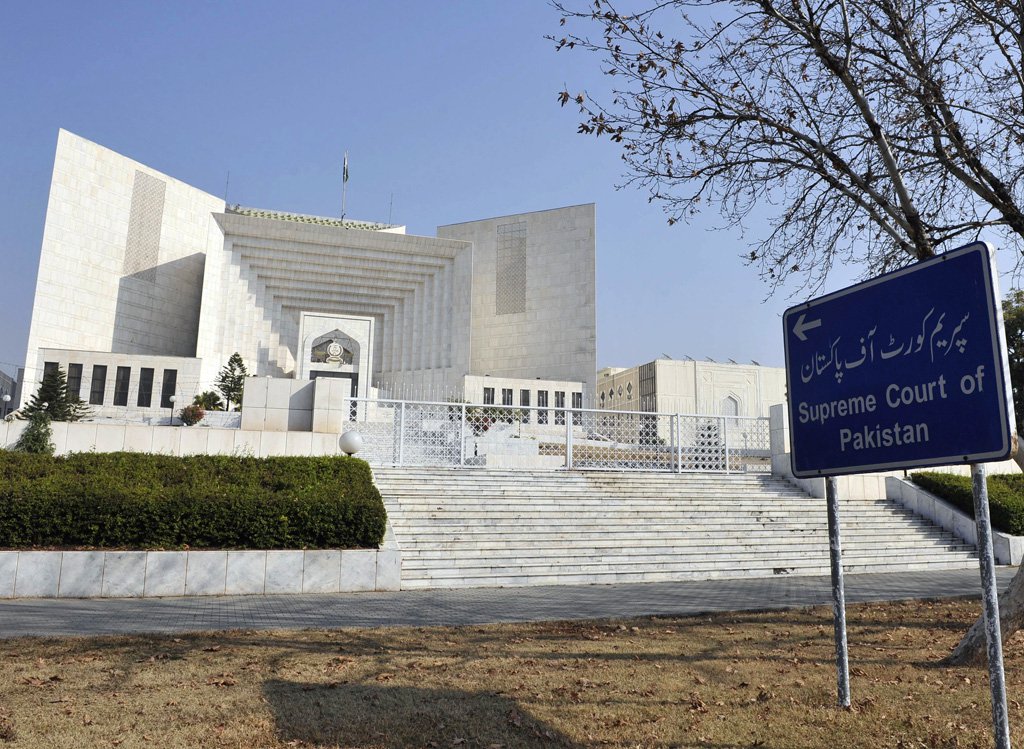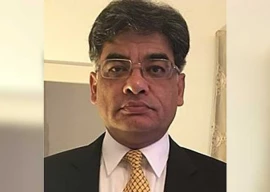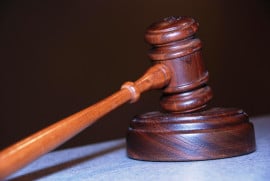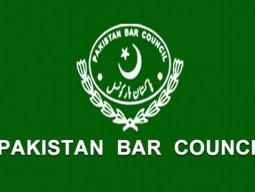
Supreme Court Judge Justice Sajjad Ali Shah on Tuesday observed that three members of the Supreme Judicial Council (SJC) had no role in initiating complaints of misconduct against judges as they just came for hearings.
Justice Shah’s remarks came on the statement of Hamid Khan, the lawyer representing former Islamabad High Court judge Shaukat Aziz Siddiqui, that he would accuse members of the SJC of biasedness in connection with his client.
A five-member larger bench of the apex court, headed by Justice Umar Ata Bandial, was hearing an appeal by Siddiqui against the opinion of the Supreme Judicial Council (SJC) and the October 11, 2018, notification under which he was sacked as a superior court judge for his speech at the Rawalpindi District Bar Association on July 21, 2018.
Justice Shah observed that if the lawyer would raise questions about the SJC, then he would recuse from the bench as he was part of the council, which took up the first complaint of misconduct against the petitioner judge in 2016/17.
At that time, Justice Sajjad Ali Shah was the chief justice of the Sindh High Court.
Hamid stated that his client in his petition already mentioned names of two SJC members, former CJPs Mian Saqib Nisar and Asif Saeed Khosa, who were biased against him.
“You may name them and can say whatever you want,” Justice Shah remarked.
Also read: PBC restores practising licence of ex-justice Siddiqui
However, he said that three SJC members had little role in initiating misconduct proceedings against judges as they unaware about the pendency of the complaints and their role started at the time of the decision.
However, Justice Bandial told the lawyer that the bench was not reluctant to hear arguments against the SJC.
Sacked judge Siddiqui himself took to the rostrum and expressed his full confidence in every member of the bench irrespective of the outcome of case proceedings.
Hamid, while reading out the SJC opinion, noted that the council had not given the opportunity of an inquiry to his client.
“If they [SJC] had allowed it, then he [Siddiqui] would have certainly asked to summon military officers for cross-examination. Every accused is given the opportunity to record his final statement under [Section] 342 of PPC.”
Justice Ijaz ul Ahsan noted that delivering a speech was not misconduct.
“However, whatever was uttered in it [speech] constituted the misconduct,” he added.
Hamid again said that an inquiry should have been held to substantiate the allegations levelled against the petitioner judge in his speech.
At the end, Justice Bandial observed that it seemed that the SJC was expecting from the sacked judge that he would bring some material to substantiate his allegations.
He added that the petitioner had neither produced any material before the SJC, nor the SC.
Justice Bandial noted that the SJC in its report had observed that a judge should be careful in his speech.
He noted that petitioner should have also convinced the council that delivering such a speech was not misconduct.
The hearing of the case was adjourned until end of winter vacations.


1732020599-0/BeFunky-collage-(73)1732020599-0-165x106.webp)
1731926127-0/zayn-(1)1731926127-0-165x106.webp)
1732018399-0/BeFunky-collage-(72)1732018399-0-165x106.webp)




1732013598-0/Untitled-design-(15)1732013598-0-270x192.webp)
1732012115-0/Untitled-design-(14)1732012115-0-270x192.webp)










COMMENTS
Comments are moderated and generally will be posted if they are on-topic and not abusive.
For more information, please see our Comments FAQ